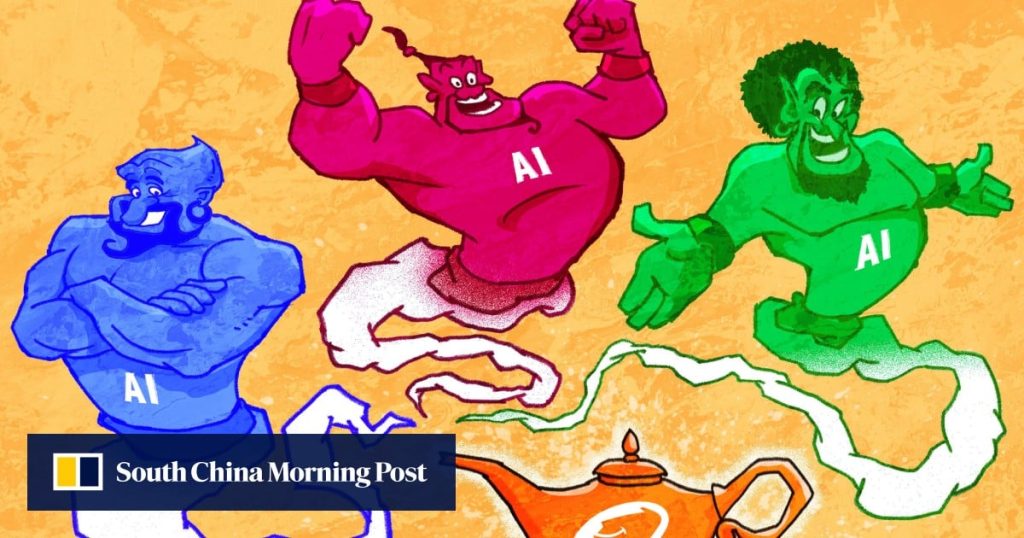“I filled most of my knowledge gaps during my four years as an engineer” at Alibaba, Zhu said in a recent interview, adding that he had learned about marketing, operations and finance during his time there.
Zhu and his start-up exemplify how Alibaba is empowering the development of China’s AI industry through people who once worked at the company, particularly in Hangzhou. By the end of 2024, 85 AI start-ups had been founded by former Alibaba employees, with 45 per cent based in the city, according to information from the Chinese database ITJuzi. Alibaba owns the South China Morning Post.
While e-commerce remains Alibaba’s core business, with Taobao and Tmall contributing the bulk of its revenues and profits, the Hangzhou-based company, established by Jack Ma in 1999, is increasingly viewed as a facilitator of entrepreneurship through its AI capabilities rather than merely an online marketplace operator.

While DeepSeek, the start-up founded by Liang Wenfeng, has garnered headlines for its low-cost but high-performance models, the lab, consisting of about 200 young scientists focusing mostly on research, is less equipped to educate users about its products.


